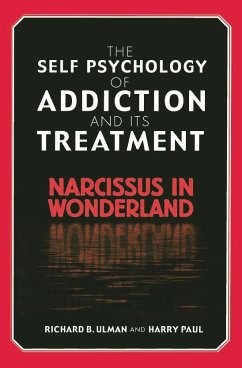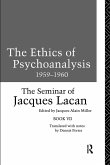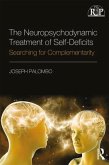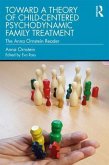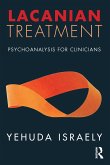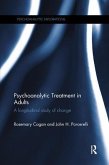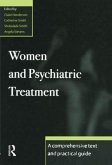In the time of Freud, the typical psychoanalytic patient was afflicted with neurotic disorders; however, the modern-day psychotherapy patient often suffers instead from a variety of addictive disorders. As the treatment of neurotic disorders based on unconscious conflicts cannot be applied to treatment of addictive disorders, psychoanalysis has been unable to keep pace with the changes in the type of patient seeking help. To address the shift and respond to contemporary patients' needs, Ulman and Paul present a thorough discussion of addiction that studies and analyzes treatment options. Their honest and unique work provides new ideas that will help gain access to the fantasy worlds of addicted patients. The Self Psychology of Addiction and Its Treatment emphasizes clinical approaches in the treatment of challenging narcissistic patients struggling with the five major forms of addiction. Ulman and Paul focus on six specific case studies that are illustrative of the five forms of addiction. They use the representative subjects to develop a self psychological model that helps to answer the pertinent questions regarding the origins and pathway of addiction. This comprehensive book links addiction and trauma in an original manner that creates a greater understanding of addiction and its foundations than any clinical or theoretical model to date.
Bitte wählen Sie Ihr Anliegen aus.
Rechnungen
Retourenschein anfordern
Bestellstatus
Storno

